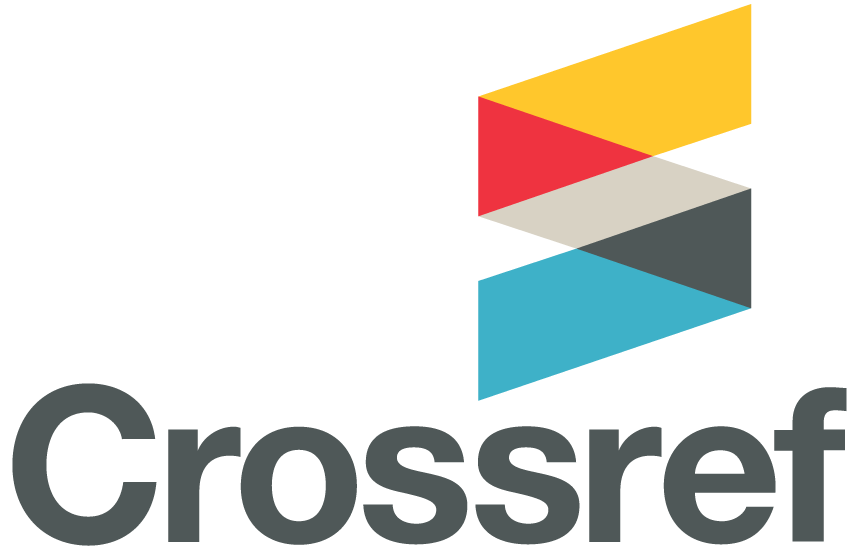The effect of denture cleaners on Tensile Strength and Indentation hardness of denture base materials
DOI:
https://doi.org/10.32828/mdj.v3i2.632Keywords:
Key ward: Denture cleaners, tensile strength, indentation hardinessAbstract
Background: Denture cleaner solutions are used extensively for the cleaning of
prosthesis both plastic and metallic component .The chemical composition of cleaner
solution are virtually important in defining their adverse effect on properties of acrylic
part of prosthesis
Aims of the study The present study carried out to study the effect of some
cleaning solution on tensile strength and indentation hardness of both types of acrylic
resin (hot and cold cured) and compare the effect on different types of denture
materials.
Materials and methods: Specimens of hot and cold cured acrylic resin were
prepared according to ADA specification for both indentation hardness and tensile
strength test. The specimen were immersed in distilled water for seven days then were
left in containers containing one of the following denture cleaners, Staradent 1%H202,
5%HCL& vinegar solution. Each container contained five specimens of either heat
cure or cold cure with one type of denture cleaners and they were left for seven days.
Specimens were then tested for indentation hardness and tensile strength test.
Results: The results showed that Vinegar solution has an deleterious effect on
tensile strength and indentation surface hardness of hot cured acrylic resin as
compared with control while for cold cure all specimens affected by all cleaning
solutions.
Downloads
Published
Issue
Section
License
The Journal of Mustansiria Dental Journal is an open-access journal that all contents are free of charge. Articles of this journal are licensed under the terms of the Creative Commons Attribution International Public License CC-BY 4.0 (https://creativecommons.org/licenses/by/4.0/legalcode) that licensees are unrestrictly allowed to search, download, share, distribute, print, or link to the full texts of the articles, crawl them for indexing and reproduce any medium of the articles provided that they give the author(s) proper credits (citation). The journal allows the author(s) to retain the copyright of their published article.
Creative Commons-Attribution (BY)









